Chinese Medicinal Herb Seed Collection: Dan-shen (Sage, Chinese Red); Dang-shen (Codonopsis); Huang-qi (Astragalus); Huang-qin (Skullcap, Baikal); Qu-mai (Dianthus); Ji-xing-xie (Chinese Balsam); Ban-zhi-lian (Skullcap, Barbat); Yi-mu-cao (Motherwort, Chinese)
$29.95
Some of the main herbs used in traditional Chinese medicine (TCM). Each packet is loaded with germination and cultivation directions. All of these herbs can be grown in temperate gardens. Here’s the rundown with the scientific names and a few other informational tidbits:
Ban-zhi-lian (Scutellaria barbata) is Barbat Skullcap. Herbaceous perennial to 18 inches, the flowers large and blue/purple. Traditional usage (TCM): clears heat, infection, tumors, hepatitis.
Dan-shen (Salvia miltiorrhiza) is Chinese Red Sage. Traditional usage (TCM): tonifies the vascular system, helps prevent strokes.
Dang-shen (Codonopsis pilosula) is a perennial climbing vine making ornamental dangling bellflowers. The root is sweetly edible and delicious. Traditional usage (TCM): a ginseng-like tonic.
Huang-qi (Astragalus membranaceaus) is the well-known “yellow leader” that makes the deeply delving, perennial roots. Traditional usage (TCM): immune enhancement.
Huang-qin (Scutellaria baicalensis) is Baikal Skullcap. Traditional usage (TCM): antiallergic, diuretic, hypotensive, antibacterial, antiviral, tranquilizing and fever-reducing, commonly used for treatment of dysentery, hepatitis, staph. Source of flavones baicalin and wogonin.
Qu-mai (Dianthus superbus) a pretty basal rosette gives forth multitudes of lavender flowers with fringed margins. They emit an unforgettable fragrance night and day that is capable of wafting hundreds of yards on a warm, moist breeze. The fragrance is a cross between baby powder and strawberry milkshake. Traditional usage (TCM): bitter tonic, urinary complaints, suppressed menses.
Ji-xing-zi (Impatiens balsamina) is Chinese Balsam, a very prettily-flowered herb that is used in much the same way as Jewelweed.
Yi-mu-cao (Leonurus artemisia) is Chinese Motherwort, a self-seeding annual, Very showy flowers. Cut flower, herbal tea. Traditional usage (TCM): “good for mother herb”
Cultivation of these herbs is further described under the individual herb headings on this website. This set is offered at a substantial discount. It is a great place for those interested in TCM–a veritable starter garden in a cellophane bag.
8 full-sized seed packets, Open Pollinated, Untreated, NO GMO’s
In stock

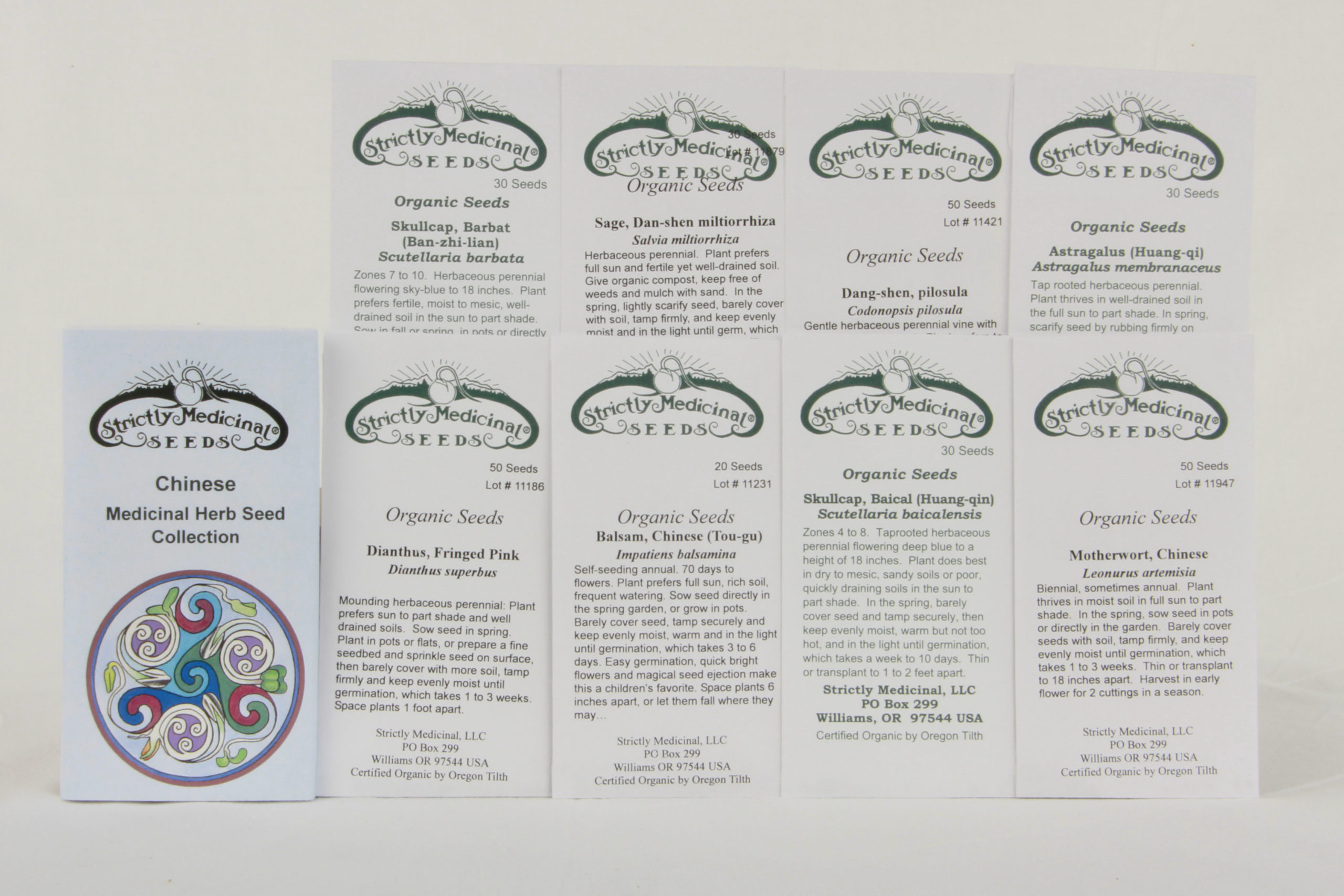
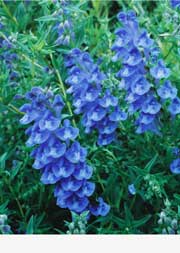
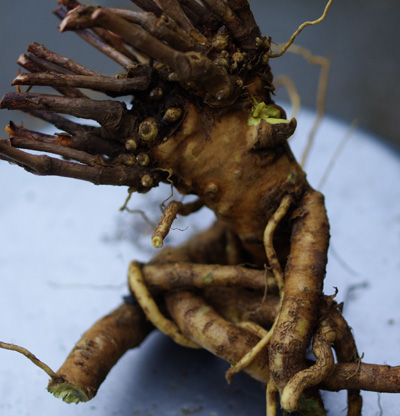
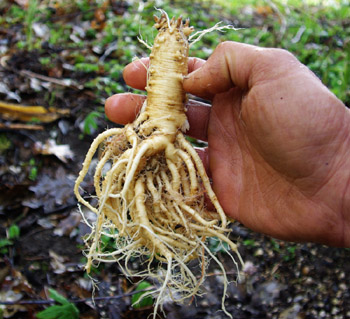
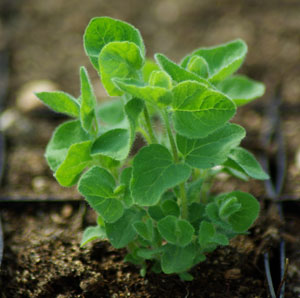
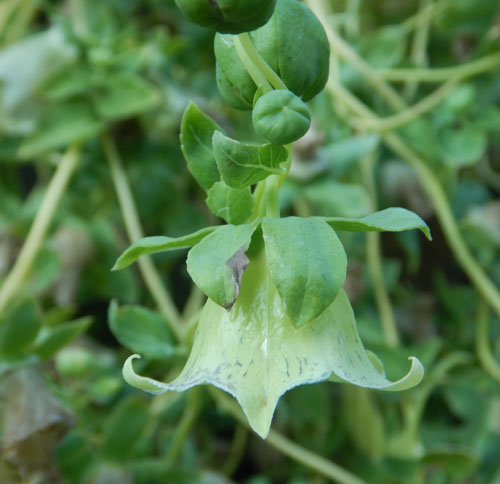
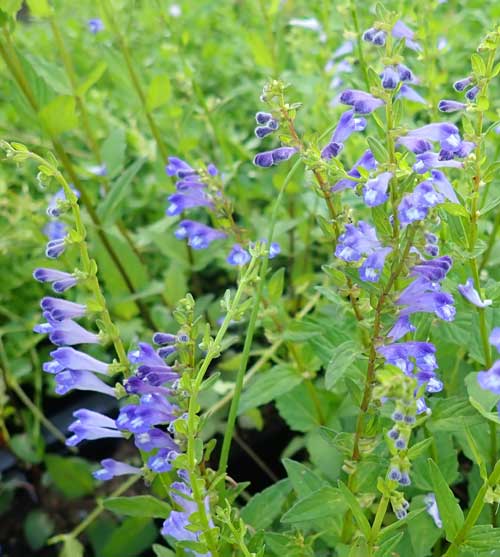
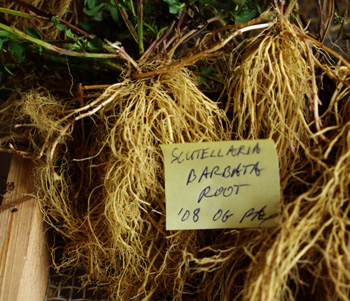


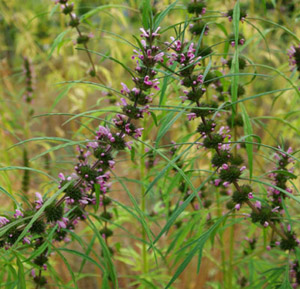
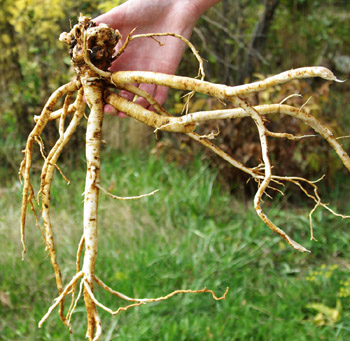
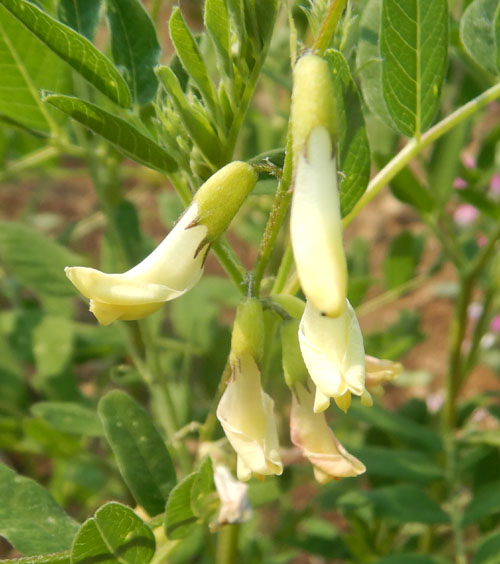
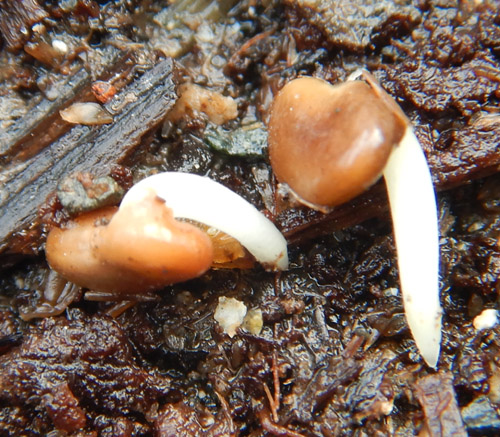
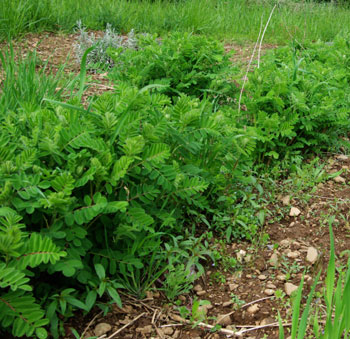

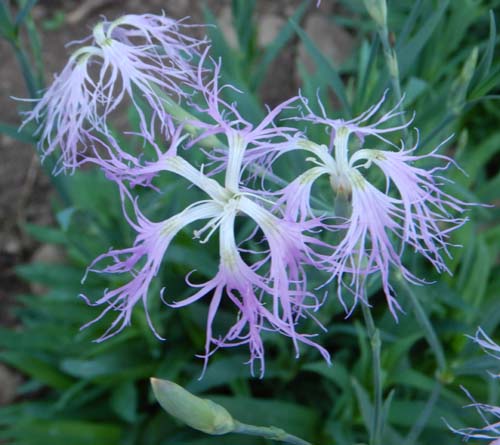
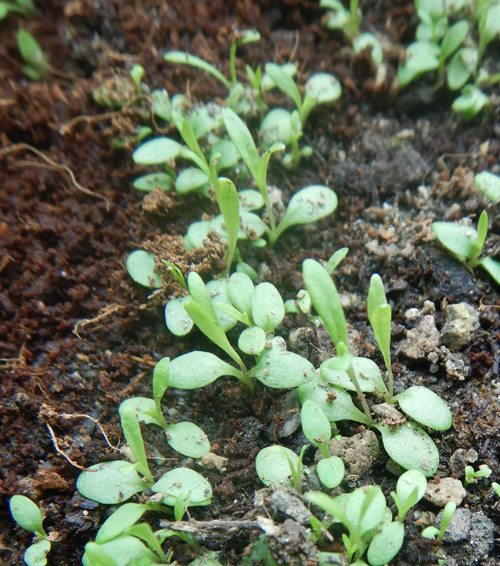
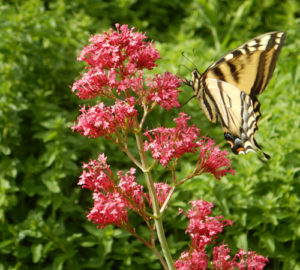
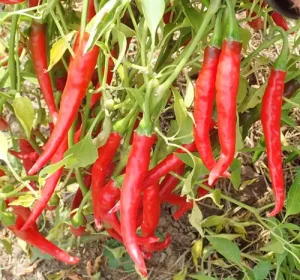
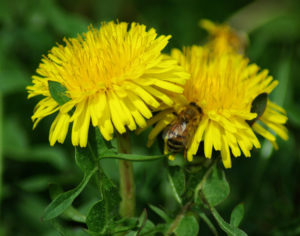

Question
JD –
Greetings, Richo, I am looking for yi cao (lithospermum erthyrorhizon) for it’s action in preventing RNA replication–any possibility of carrying it?
Upvote if this was helpful (0) Downvote if this was not helpful (0) Watch Unwatch Flag for removal
Richo Cech –
Hello JD, Lithospermum erythrorhizon and Lithospermum officinale are very closely related. We have L officinale under “Gromwell.” We once thought to carry both species, took a couple of years to grow out the L. erythrorhizon, found it identical to L. officinale and dropped the project. Richo
Upvote if this was helpful (0) Downvote if this was not helpful (0) Flag for removal
ian wong –
was sent to sydney, australia no issues good packaging and planting info and catalogue enclosed
Upvote if this was helpful (2) Downvote if this was not helpful (0) Watch Unwatch Flag for removal